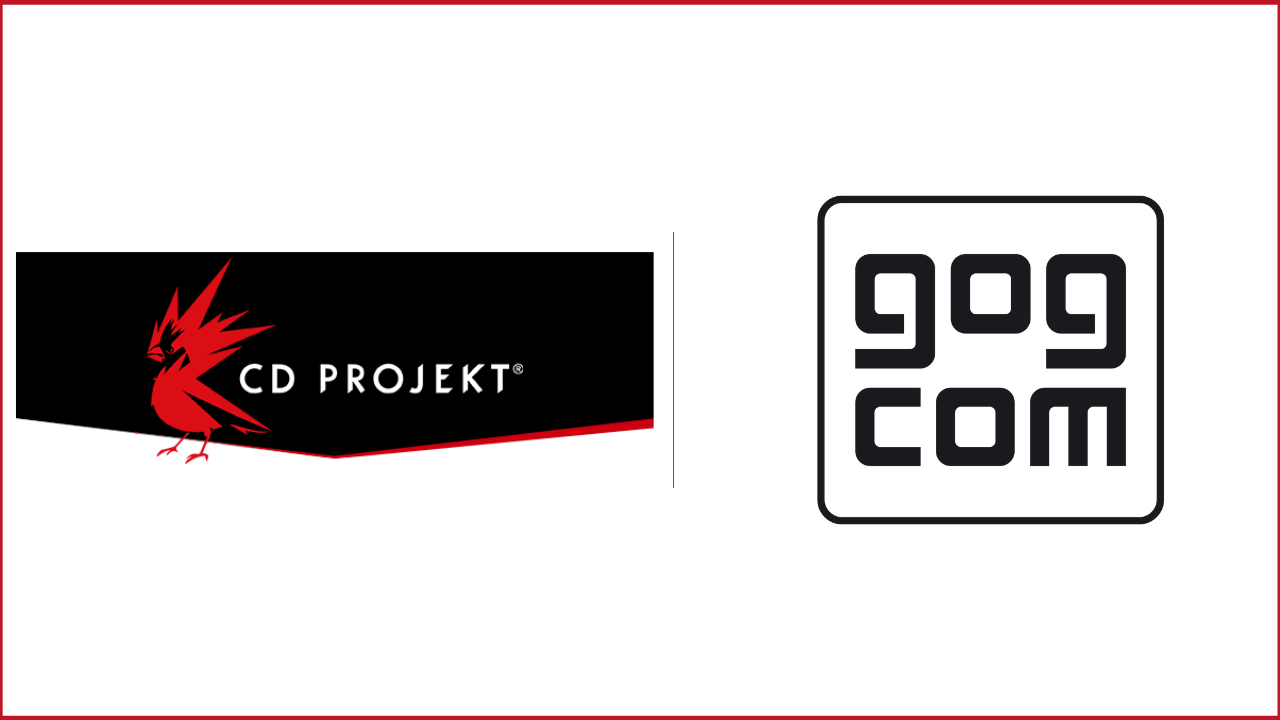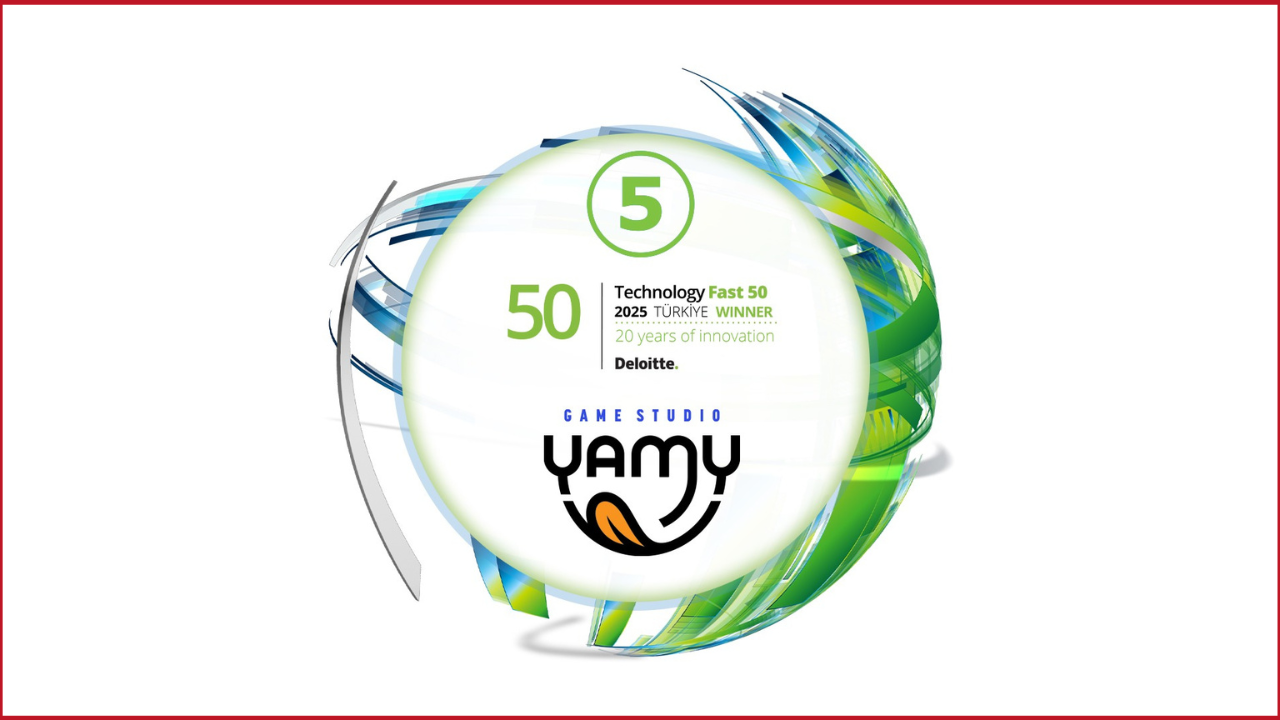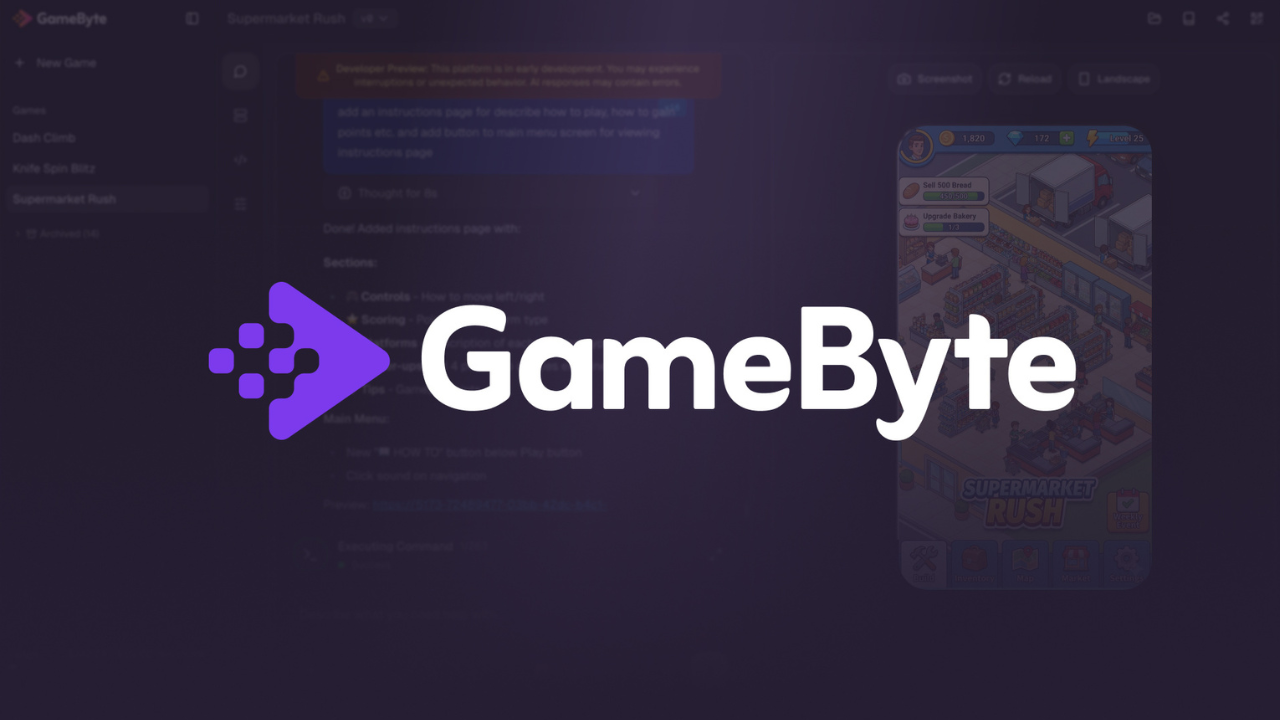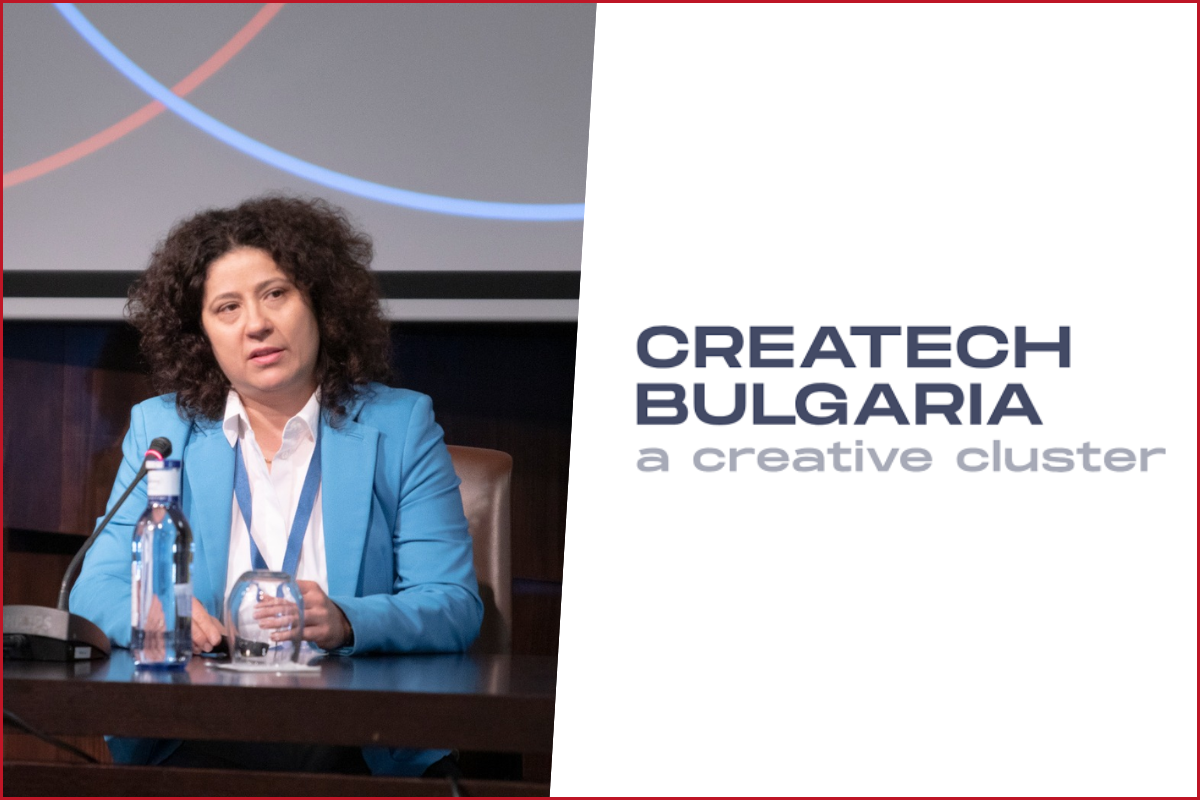Genoveva Christova-Murray is a Bulgarian entrepreneur and creative economy leader who has played a key role in strengthening the country’s gaming and cultural sectors. She is the co-founder of CreaTech Bulgaria, the country’s first cluster dedicated to the creative industries, and MISSIA23, a multidisciplinary hub in Sofia that brings together companies from animation, design, fashion, immersive tech, and indie game development.
By uniting small and medium-sized enterprises (SMEs) under collaborative networks, she helps them scale, innovate, and access international markets. Through these initiatives, Christova has advanced Bulgaria’s position in regional creative tech and helped launch major events like the Black Sea Game Summit, which engages game studios, municipalities, and industry experts under one platform.
In our interview with Christova, we explored her journey into the gaming space, the logic behind building clusters, and her outlook on the future of the games industry in both Bulgaria and Turkiye.
What was your first encounter with gaming? Do you remember the moment it caught your attention?
My first real entry point into the gaming world came during a completely different creative mission—when my company, Ligna Group, became the national partner and producer for Bulgaria’s Eurovision Song Contest entry in 2020 and 2021.
It was a project that demanded not just high-level production, but storytelling, immersive staging, and deep audience engagement. That creative overlap fascinated me. It made me curious about how the tools, teams, and formats of different creative industries could be brought together under one roof.
That curiosity became the foundation for a much bigger journey. I’ve spent over 15 years building clusters that connect creative sectors — design, media, tech — and after Eurovision, it was clear that gaming belonged in that mix.
Games aren’t just digital products; they’re emotionally rich, technically complex, and massively influential. What started as a production project evolved into a mission to support the sector as a pillar of Bulgaria’s creative economy.
That’s how CreaTech Bulgaria began taking shape—first as an idea, then as a national cluster, and now as a regional and soon-to-be European platform for collaboration, innovation, and cultural export.

Why do you believe gaming is such a crucial part of the future creative economy?
Gaming sits at the core of what we call the “economy of experience.” People no longer just buy things—they invest in moments, stories, and identities. Games offer a unique space where creativity, immersion, and technology converge to create deeply engaging experiences. From a business standpoint, this means massive global potential—not only in direct revenue, but also in how games influence culture, education, innovation, and even diplomacy.
It’s also one of the rare industries where SMEs, freelancers, and indie teams from a small country in Eastern Europe can create globally competitive products with the right ecosystem around them.
That’s exactly why I pushed for gaming to be a cornerstone of CreaTech Bulgaria’s work. We’re not just supporting game development—we’re helping to shape an industry that creates jobs, attracts investment, and exports cultural value. Gaming is no longer niche. It’s a strategic pillar of the creative economy, and we want to ensure our region isn’t left behind in that transformation.
What made you decide to include game studios within the cluster you built?
My background in clustering spans more than 15 years, working across sectors to build collaborative business ecosystems. When we launched CreaTech Bulgaria, it was the first national cluster dedicated to the creative industries.
I saw immediately that game studios were not only vital contributors to that ecosystem, but also beneficiaries of it. They needed the network, and the network needed them. It was a perfect match.
Game development thrives on interdisciplinary collaboration. By including studios very early on, we helped position gaming not just as entertainment, but as an engine of innovation across design, tech, and storytelling. These studios now benefit from shared infrastructure, access to joint funding applications, and increased visibility across Europe.
Today, we’re actively connecting companies from Bulgaria with partners across the Balkans—and soon, across the EU—through our upcoming membership in the European Game Developers Federation and close work with sister organizations.

From your experience, what are the real benefits of bringing companies together under a creative cluster?
Clusters create critical mass. They help companies—especially smaller ones—punch above their weight by sharing resources, contacts, and knowledge. What I’ve seen over the years is that when people work together with trust and purpose, they don’t just survive—they thrive.
We’ve seen companies form joint ventures, win international tenders, and co-develop products that would have been impossible alone.
But more than that, clustering gives creative professionals a sense of identity and structure within a fast-changing market. It anchors them to something bigger than their individual success. In Bulgaria, CreaTech has become that anchor.
We are uniting not just studios, but cultural institutions, tech companies, municipalities, and investors. Our focus now is to build stronger Balkan partnerships and become a serious voice at the European table. And that’s not just important for business—it’s essential for making sure our creators are seen and heard on a global level.
How did you manage to get the municipality involved in organizing the Black Sea Game Summit?
We didn’t just ask for support—we came with a shared vision. We showed the municipality of Burgas that the Black Sea Game Summit wasn’t just an event, but a strategic investment in the region’s future.
Held on June 27–28, the Summit brought together developers, publishers, educators, and policy-makers in one space, showing the true scale and diversity of the gaming industry in Southeastern Europe.
Burgas immediately understood the value. The city is positioning itself as a tech-forward destination, and gaming fits naturally into that agenda. We had deep conversations with local leaders, involved academia, and made sure it wasn’t just a “conference”—but a platform for jobs, innovation, and visibility.
The result was one of the most important industry events in the Balkans this year, and it laid the groundwork for long-term cooperation between local authorities and the creative economy.

What is your perspective on the future of Bulgaria’s gaming ecosystem?
We’re standing at a tipping point. Bulgaria has a strong technical education, outstanding visual artists, and a growing number of small studios doing world-class work. But without strategic infrastructure—access to funding, publishing channels, mentorship programs—we risk losing that momentum. Our vision at CreaTech is to make sure we don’t just create talent here—we keep it, grow it, and export it globally.
We’re already taking big steps. Last year, we organized a national booth at Gamescom, giving Bulgarian studios visibility on the world stage. We’re also creating bridges through programs at MISSIA23, our creative tech hub in Sofia, where we host everything from developer meetups to accelerator programs. Our mission is clear: to turn Bulgaria into a regional leader not just in talent, but in game IP and cultural innovation.
From your point of view, how do you see Turkiye’s gaming scene evolving in the coming years?
Turkiye is already making waves—and I think the best is still to come. With a growing number of success stories in mobile and casual gaming, and a strong pipeline of young developers, it’s quickly becoming one of the most dynamic ecosystems in the region. What’s especially exciting is how deeply entrepreneurial the culture is—studios are thinking big from day one.
I see huge potential for collaboration between Bulgaria and Turkiye. We share common challenges—like access to capital and talent retention—but also unique strengths. That’s why I believe building a Balkan gaming corridor, with shared infrastructure and cross-border projects, could be transformational. If we work together, we can make Southeastern Europe a serious player in the global gaming map.
Can you share any upcoming plans you have for CreaTech Bulgaria, MISSIA23, or the gaming sector more broadly?
We’re entering a new phase. At CreaTech Bulgaria, we’re preparing to join the European Game Developers Federation and deepen our collaborations with strategic partners across Europe. This means greater access to EU-level projects, policy-making opportunities, and partnerships that will open doors for our studios across the continent. Our work isn’t just national anymore—it’s regional and soon, fully European.
At MISSIA23, we’re expanding our role as a launchpad for creative tech—organizing events, industry meetups, and soon international residencies. We’re also developing a mentorship and accelerator program tailored to game startups and immersive creators. Our goal is to build a resilient, connected, and competitive creative economy—powered by games, grounded in collaboration, and driven by purpose.

Managing Director LIGNA GROUP/ LIGNA STUDIOS





